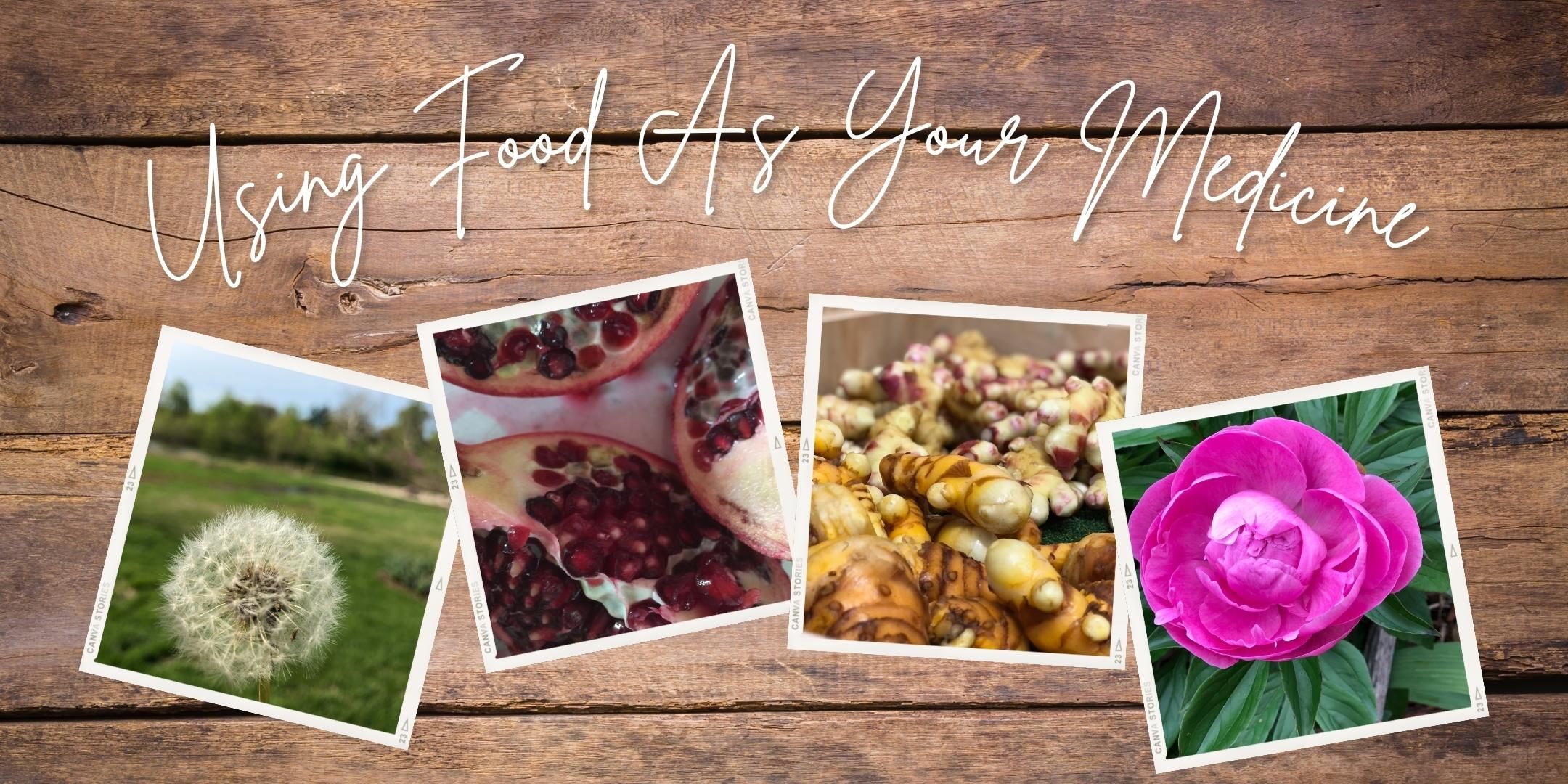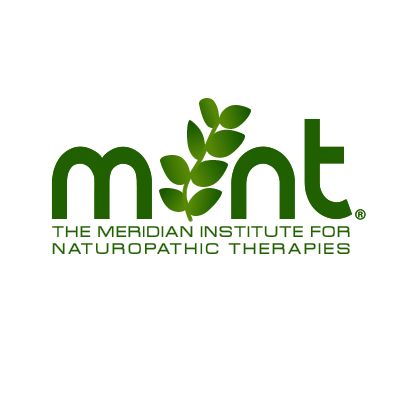

Using Food As Your Medicine

This phrase is an age-old concept of healing but it is very new to many people. It not only applies to having a “good” diet, but it also refers to the habits of eating. When discussing healing with patients, I enjoy exploring your concept of health. It is refreshing to hear of the many ways in which we approach a healthful diet. The biggest question that I am asked is, “Are you a vegan/vegetarian?” My answer is no. I believe in all things in moderation. Now, do I consume meat on a daily basis? No. I do find that patients who over-consume meat will often have higher levels of inflammation. Inflammation shows up in the body as pain, stiffness, skin irritation, fatigue, and congestion and can affect your quality of sleep, mood, and metabolism. There are ways of consuming meat that can maintain health.
The first is to not over-consume meat. Now, to reduce the amount weekly, you have to start with the amount of meat eaten in one day. You over-consume by having more than one serving of meat per day. Ideally, if you have sausage for breakfast, you would not eat a burger for lunch and chicken for dinner. In addition to inflammation from red meat, it is also the saturated (bad) fats and the exposure to hormones. If you choose beef, you want to ensure that the cow has eaten grass in its lifetime, and even then, it is still not meant to eat daily. Beef is also “harder “on your digestion in that it requires more acidic enzyme activity. All foods are broken down in the small intestines after, first, passing through the stomach. The time spent in the stomach can increase with heavier meals that contain meat. Once food enters the intestinal tract, it then moves into the colon for elimination. The longer food works to move through your system, the slower your digestion works to break down newly introduced foods.
The purpose is not to discuss the negative attributes of beef but more importantly to consider our choices. Food has an emotional component and for many the thought of being told NOT to eat something, triggers an emotional response. We hold on to our views of nutrition because they are wrapped in emotional memories. We associate positive experiences, family gatherings, and even emotional struggles, with food. The lack of food can stimulate the same emotional response of the joy of consuming food. We are immediately satisfied and temporarily soothed by eating. Due to these attached emotions, we then hold on to our beliefs about food and choices.
The choice is yours. When considering what and when to eat, you must first rule out the emotional component. Am I eating because I am stressed? Am I eating because I now have the money to buy more expensive foods? Am I eating because I am bored? Am I eating because I am hungry? Those questions are key to long-term healing with food. Using food as your medicine is about knowing when to make the best choice. If you are experiencing low energy, sleep disturbances, pain, headaches, or congestion, then first consider, “Is my diet contributing to this?” Am I eating too many inflammatory foods?
I started out by discussing beef because it is very inflammatory and linked to many illnesses including cardiovascular disease and cancer*. There are a few other culprits that immediately drain us of our health when over-consumed; those include sugar (soda and candies), dairy (milk, cheese, and ice cream), and excessive bread/pasta. Making food choices are more about choosing these foods in moderation as opposed to having them daily. Consuming dairy daily can create congestion and increase mucus in the body due to the protein, casein. Mucus and congestion are signs of inflammation. If you choose them sporadically, once or twice per week, you can reduce the chronic increase of inflammation. When ruling out foods that could be problematic for you, please remember that your digestion is always different from the next person’s. Secondly, you are not avoiding foods, but more focused on increasing healing, protective foods such as fresh, green, leafy vegetables (kale, spinach, romaine lettuce, etc.), fresh fruits, and healthy grains (such as quinoa, brown rice, oatmeal, etc.). If we create more positive emotional experiences with eating healthy, cleansing foods, then the choice for health becomes an easier one.
Happy Healing!
*Sinha, R; Cross, A; et. al. Meat Intake and Mortality: A Prospective Study of Over Half a Million People. ARCH INTERN MED/VOL 169 (NO. 6), MAR 23, 2009



